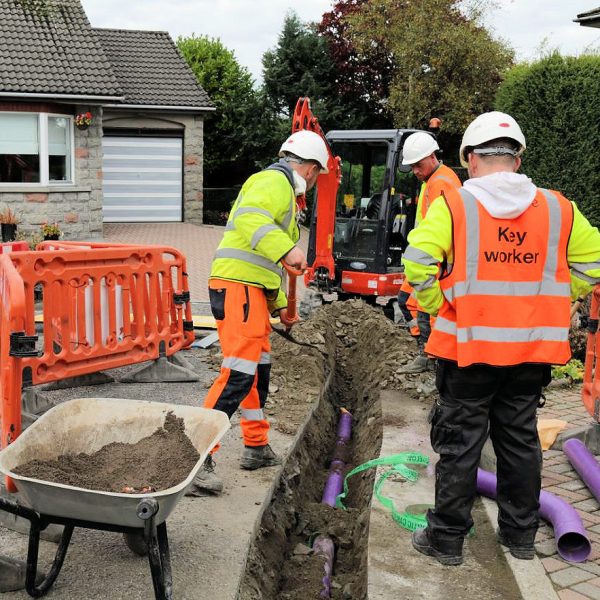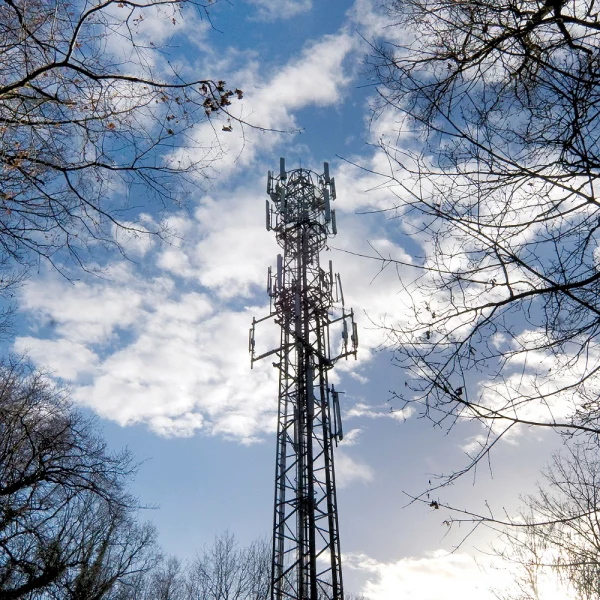Sponsored Links
Internet Capacity Problems Predicted For 2010
Posted: 20th Nov, 2007 By: MarkJ
The latest 'Internet meltdown' scare story this week comes from Analyst's at the Nemertes Research Group, which has predicted a serious slowdown as capacity fails to meet demand.
Consumer and corporate Internet usage could outstrip network capacity both in North America and worldwide in a little more than two years, according to "The Internet Singularity, Delayed: Why Limits in Internet Capacity Will Stifle Innovation on the Web":
We guess that makes a change from the usual interpretation, which is that the Internet will simply cease to function, a notion usually propagated by those that just don't understand how networks work.
Naturally much of the blame is placed squarely at the feet of our rapidly growing interest in bandwidth-intensive applications, such as voice, P2P (File Sharing), video services and music downloads.
However it does not appear to factor in the fact that many countries are already spending large sums of cash improving their networks, such as BTs 21CN project. Operators do notice such usage and have to make allowances or their businesses will fail, which is usually incentive enough to do something about it.
Consumer and corporate Internet usage could outstrip network capacity both in North America and worldwide in a little more than two years, according to "The Internet Singularity, Delayed: Why Limits in Internet Capacity Will Stifle Innovation on the Web":
This studythe first-ever to assess internet infrastructure and model current/projected traffic patterns independent of one anotherindicates that Internet access infrastructure, specifically in North America, will cease to be adequate for supporting demand within the next three to five years.
The financial investment required to bridge the gap between demand and capacity ranges from $42 billion to $55 billion in the U.S., primarily to be spent on broadband access capacity; this is roughly 60-70 percent above and beyond the $72 billion service providers are already planning to invest. Required investment globally is estimated at $137 billion, again primarily in broadband access.
The findings indicate that by 2010, the Internets capacity will not likely accommodate user demand. As a result, users could increasingly encounter Internet brownouts or interruptions to the applications theyve become accustomed to using on the internet. For example, it may take more than one attempt to confirm an online purchase or it may take longer to download the latest video from YouTube. Overall, the impact of this inadequate infrastructure will be primarily to slow down the pace of innovation. The next Amazon, Google or YouTube might not arise -- not from a lack of user demand, but because of insufficient infrastructure preventing applications and companies from emerging.
The financial investment required to bridge the gap between demand and capacity ranges from $42 billion to $55 billion in the U.S., primarily to be spent on broadband access capacity; this is roughly 60-70 percent above and beyond the $72 billion service providers are already planning to invest. Required investment globally is estimated at $137 billion, again primarily in broadband access.
The findings indicate that by 2010, the Internets capacity will not likely accommodate user demand. As a result, users could increasingly encounter Internet brownouts or interruptions to the applications theyve become accustomed to using on the internet. For example, it may take more than one attempt to confirm an online purchase or it may take longer to download the latest video from YouTube. Overall, the impact of this inadequate infrastructure will be primarily to slow down the pace of innovation. The next Amazon, Google or YouTube might not arise -- not from a lack of user demand, but because of insufficient infrastructure preventing applications and companies from emerging.
We guess that makes a change from the usual interpretation, which is that the Internet will simply cease to function, a notion usually propagated by those that just don't understand how networks work.
Naturally much of the blame is placed squarely at the feet of our rapidly growing interest in bandwidth-intensive applications, such as voice, P2P (File Sharing), video services and music downloads.
However it does not appear to factor in the fact that many countries are already spending large sums of cash improving their networks, such as BTs 21CN project. Operators do notice such usage and have to make allowances or their businesses will fail, which is usually incentive enough to do something about it.
Search ISP News
Search ISP Listings
Search ISP Reviews
Latest UK ISP News








Cheap BIG ISPs for 100Mbps+
150,000+ Customers | View More ISPs
Cheapest ISPs for 100Mbps+
Modest Availability | View More ISPs
Latest UK ISP News
Helpful ISP Guides and Tips
Sponsored Links
The Top 15 Category Tags
- FTTP (5533)
- BT (3518)
- Politics (2542)
- Openreach (2298)
- Business (2267)
- Building Digital UK (2247)
- FTTC (2045)
- Mobile Broadband (1978)
- Statistics (1790)
- 4G (1669)
- Virgin Media (1621)
- Ofcom Regulation (1466)
- Fibre Optic (1396)
- Wireless Internet (1392)
- FTTH (1382)
Sponsored
Copyright © 1999 to Present - ISPreview.co.uk - All Rights Reserved - Terms , Privacy and Cookie Policy , Links , Website Rules

































